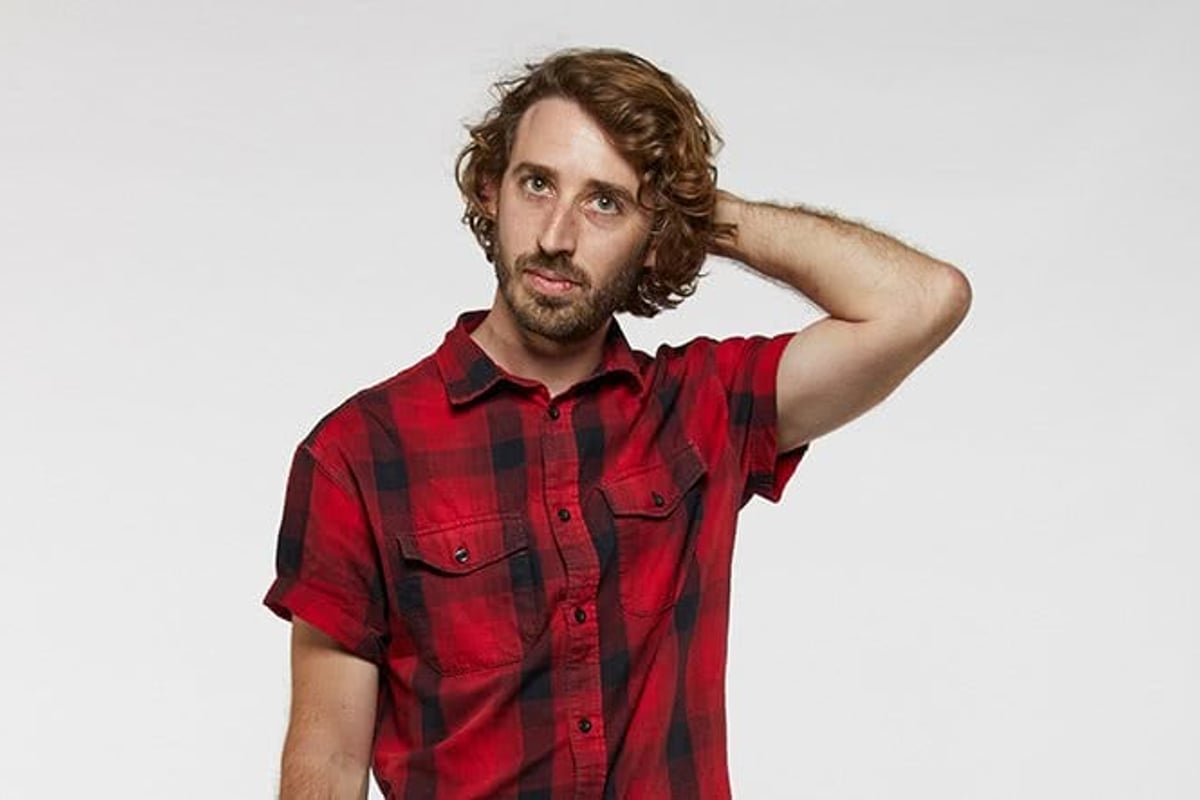How do you get triple j airplay? Music Director Nick Findlay explains

Despite the myriad changes to the modern music industry, a triple j addition is still one of the most sought after career goals for local artists. And while there’s no tried and true method to gaining triple j airplay, there are a few trade tips one should adhere to when pitching your single to Music Director Nick Findlay.
Nick Findlay offers TIO readers an insight into his role, covering how artists can catch his attention, the general rotation lifecycle of a song, his top tips for pitching music, and more.
How many new songs do you listen to in a week?
I couldn’t tell you an exact amount as it varies week-to-week, but it would definitely be in hundreds.
What’s your preferred way of receiving music from artists, and what information do you need from them?
Digital servicing is the best way for us to receive music – it’s quick, easy, free, better for the environment and it’s not going to get lost in a pile of unmarked CDs. Also, instead of attaching files to your email, it’s best to send through download links. Wav files are the best, so we have a broadcast quality version of the song to play on air. Otherwise a link to a stream of the track like a private Soundcloud link or Unearthed profile is great. Plus of course any artwork or images (single/EP/album cover, artist press shot) and any associated press releases (or dot points on the track if you don’t have a PR).
How can a band catch your attention?
By having a great song and being active in your scene. If you’re gigging heaps and have some great tracks coming out, we’ll hear about you. If you’re a bedroom producer who has never hit the stage but are starting to put out some excellent tunes, whether it’s via Unearthed or other digital outlets, we’ll hear about you. In short – produce the goods and we’ll be knocking on your door in no time.
What’s your top tip for bands and publicists when pitching their music?
- Be succinct. Just give me the facts that I need to know for the artist and song.
- Label releases properly with the correct artist and song title. When I download it onto my computer it’ll be easier to find than something called 01_single_voxup_MIFT.wav
- Send new music a few weeks before it goes public, we may want to premiere it!
- When sending an album, highlight the key tracks, in case I don’t have time listen to the whole LP immediately.
- DON’T send weird gimmicks to gain attention – it’s wasteful and takes impact away from what might be a powerful song.
How would you describe the ‘triple j sound’?
There’s no ‘triple j sound’ as such – but as a station, triple j sounds like good music, it sounds like new music, it sounds like music that our 18-24 year old demographic are going to get excited about.
Every week we add a huge variety of genres and styles, from indie to hip hop to dance to hardcore. Looking back at the last few weeks of new music added to rotation there are artists as diverse as Ruby Fields, 6lack, Winston Surfshirt, Kah-Lo, Queens Of The Stone Age, Billie Eilish and Baker Boy.
Have you ever added a song to radio that you hated?
One of the key skills to any good music director is to put your listeners ahead of your own personal music tastes. So while there may be some songs added to rotation that I personally wouldn’t put on my home stereo, I would definitely playlist them on radio because I know they’re right for our audience.
How conscious are you of diversity on ads each week? e.g. Gender, race, major label artists Vs. indie artists…
Diversity is always front and centre when we are figuring out what to add each week, with a big importance placed on exposing our audience to the diverse range of people making music right now.
What are the different rotation categories and how many plays per week fit in each category?
As with most radio stations, you’ll get a mix of high, medium and low rotation categories – there are many sub categories within those, but explaining them and their intricacies can be pretty boring. So in brief, if a song is in medium rotation on triple j it will get one play per day, and if it’s in high you’re looking at around two spins per day.
What’s the general rotation lifecycle of a song?
This changes depending on the success of a song but if you look at the average lifespan of a solid track with broad appeal, it will end up with around 80-90 spins over a 2-3 month period. Other songs can drop off earlier if they haven’t proven themselves on air, while others might get played even longer if they’re just that good.
How many meetings do you take from radio pluggers, labels, artists and publicists each week?
I have music meetings with record label reps, managers, distributors, publicists and artists themselves from 9am-12noon every Monday and Tuesday. Though we’re moving towards having most music serviced digitally these days which makes for a more efficient system.
Nick Findlay is speaking at BIGSOUND on the Thursday panel ‘Why is it Important to Program Australian Content?‘
This article originally appeared on The Industry Observer, which is now part of The Music Network.






























